1. Lady Gaga – Too Theatrical for Labels
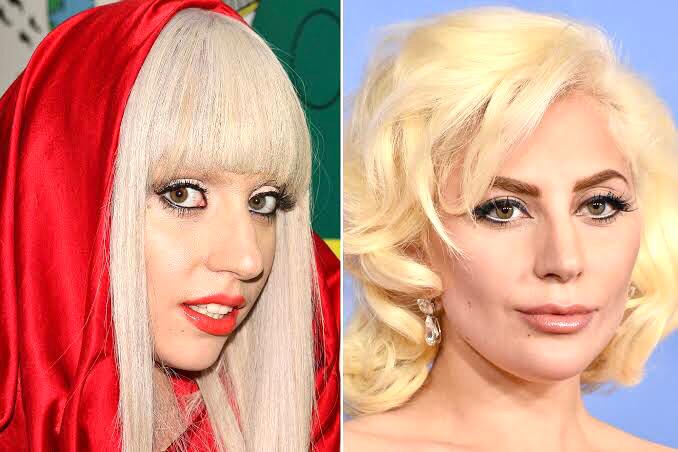
Before the fame, Lady Gaga was told repeatedly that she was “too theatrical”, “too weird”, and not radio‑friendly by multiple record labels. In their eyes, she didn’t fit the mold of a mainstream pop star. She stayed true to her artistic vision though, melding piano‑driven songwriting with bold visuals and avant‑garde fashion. That perseverance paid off: Gaga went on to win multiple Grammys (Poker Face, Bad Romance) and even took home an Oscar for Best Original Song (Shallow from A Star Is Born). She showed that being “too much” can be exactly what the world needs.
2. Oprah Winfrey – “Too Emotional” Anchor
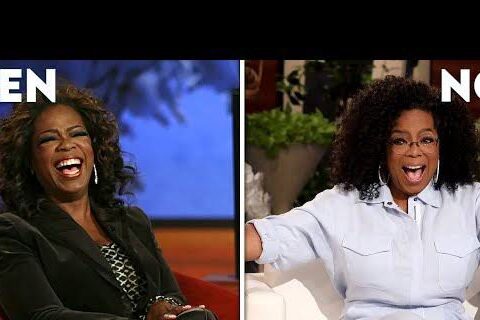
Oprah’s first big break came at Baltimore’s WJZ‑TV in 1976 as a co‑anchor, but she was quickly demoted and ultimately fired not because of ratings, but because she was deemed “too emotional for TV”. For most, that could’ve been a career‑ender. For Oprah, it was a turning point. She went on to host a local talk show, AM Chicago, where her frank, empathetic, and heartfelt style struck a chord. Within months, she turned a failing program into the top‑rated show in Chicago, setting the stage for The Oprah Winfrey Show. Her early critics told her to “flatten out” her voice, but she doubled down on authenticity, and built a media empire rooted in genuine connection.
3. Harrison Ford – Carpenter by Day, Star by Night
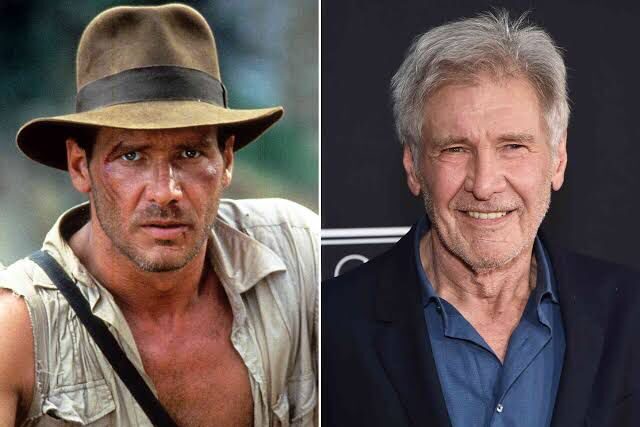
Harrison Ford, one of the most celebrated actors in the movie, Indiana Jones and the Dial of Destiny spent much of his 20s and early 30s building furniture rather than fame. He was working as a carpenter even in George Lucas’s office. Casting directors didn’t see star quality in him, and he remained largely an extra. But that vanishing career path became ironically his foot in the door: while building cabinets, he was introduced to Lucas, leading to his casting as Han Solo, one of cinema’s most iconic heroes. Instead of being discouraged by the setbacks, Ford used carpentry to support his passion until he finally got his chance, and never looked back.
4. Jennifer Hudson – From Idol Setback to Oscar Glory
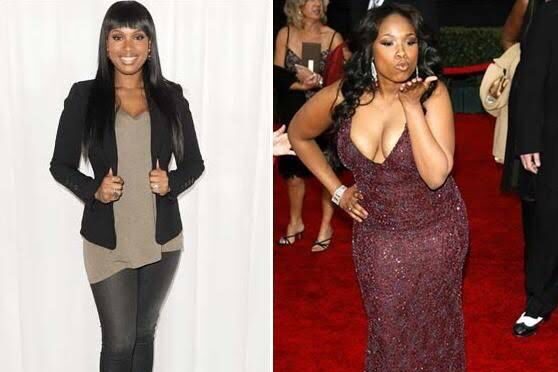
Jennifer Hudson captured hearts early on American Idol by making it to the Top 12 of American Idol Season 3 through the Wild Card round after initially not receiving enough votes. She was eliminated after the Top 7 round, finishing in 7th place. Many assumed that was the end of her dreaming, but Hudson proved them wrong by pivoting to acting and recording. In 2006, she landed her breakout role in Dreamgirls, earning critical acclaim and winning an Oscar for Best Supporting Actress, a stunning comeback that few saw coming. She’s since built a major music career, released bestselling albums, and starred in Broadway and film productions, triumphing on both stage and screen.
5. Ke Huy Quan – Typecast Child, Oscar Comeback
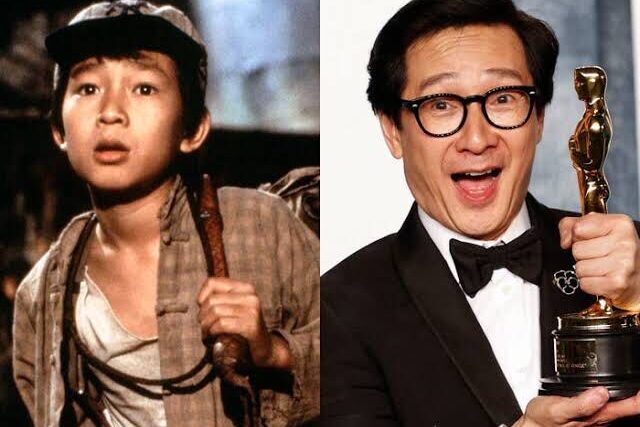
As a beloved 12-year-old in Indiana Jones and the Temple of Doom and The Goonies, Ke Huy Quan seemed destined for lasting stardom, but roles dwindled, and he stepped away from acting for 20 years. He instead earned a filmmaking degree and worked behind the scenes, convinced that acting opportunities for Asian performers had dried up. Then, in 2022, he auditioned for Everything Everywhere All at Once, earning a supporting role that defied all odds. In March 2023, he won the Oscar for Best Supporting Actor, becoming the first Vietnam-born actor to receive that honor, calling it the purest form of the American dream after resuming a career he almost abandoned. His triumphant return not only reinvigorated his career but also elevated Asian representation in Hollywood.
6. Sarah Jessica Parker – “Not Pretty Enough” to Fashion Icon
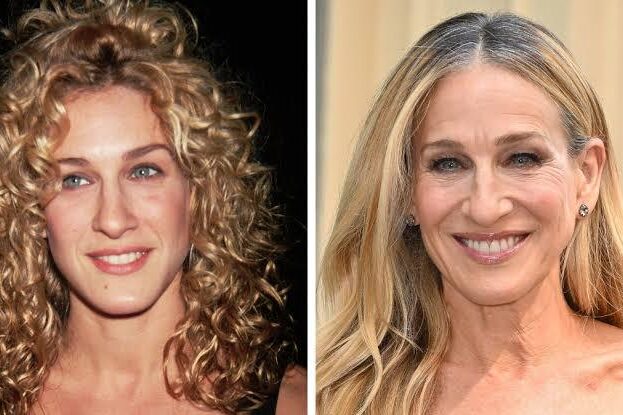
Early in her career, casting directors told Sarah Jessica Parker she didn’t fit the conventional beauty standard for Hollywood, it’s why she often landed quirky, offbeat roles. Critics echoed that sentiment, indicating she needed a more “glamorous” appearance to lead a show. But she leaned into her strengths: relatable charm, natural wit, and unique style. That led to her iconic turn as Carrie Bradshaw on Sex and the City, where her fashion sense became as central to her appeal as her chemistry with the audience. Parker translated that success into multiple Emmy wins, a trademark shoe line, and a reputation as a global fashion influencer. She eventually proved that charisma and authenticity outshine any cookie-cutter definition of beauty.
7. Chris Pratt – From Van-Living Waiter to Leading Man
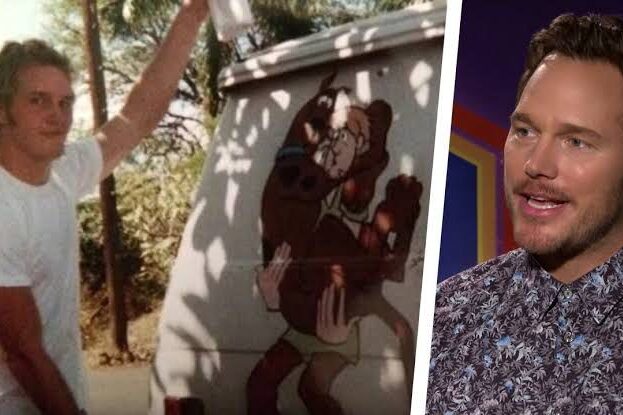
Before muscles and franchises, Chris Pratt hustled, waiting tables at Bubba Gump Shrimp Co. in Hawaii, living in a van, and selling coupons door-to-door. He was even described as “far from leading-man material”, “somewhat goofy” and without that classic sex appeal Hollywood expected. Yet he persevered, entering community theatre, landing a small part on Everwood, and eventually auditioning for Parks and Recreation. His breakout role there as Andy Dwyer showcased his comedic charm and improv gifts, earning him heartfelt fandom. A physical transformation under James Gunn’s direction led him to Guardians of the Galaxy, and later Jurassic World, launching him firmly into A-list stardom. That journey from van to superhero proves that vulnerability, hard work, and self-belief can help rewrite Hollywood’s casting expectations.
8. Viola Davis – “Too Dark” to EGOT Legend
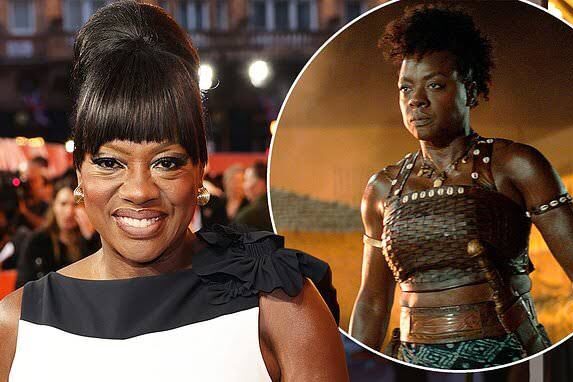
Viola Davis, Popularly know as The Woman King, faced early rejection rooted not in talent but in colorism. Agents told her she was “too dark” to lead major film or TV roles, a brutal message in an industry riddled with bias. Instead of conceding, she channeled her passion into unforgettable theatre performances and raw, complex characters. Her breakthrough came in Doubt, earning an Oscar nomination, but it was Fences that brought her to the forefront: she won the Academy Award for Best Supporting Actress in 2017. Along the way, she also earned Emmy and Tony Awards, completing her EGOT journey in 2023. Beyond the trophies, she’s now an outspoken advocate for diversity, mentoring emerging artists and proving that representation matters.
9. Julia Roberts – Early Critics Said She Lacked Depth, Became America’s Sweetheart

Julia Roberts burst onto screens in films like Mystic Pizza and Steel Magnolias, but early critics questioned her range, describing her as “hypersensitive” or “needing constant stroking,” and some even called her performances “needy”. She proved them wrong with Pretty Woman in 1990, when she transformed into a box-office phenomenon, earning the title of “America’s sweetheart”. Though reviews of some of her later films were mixed, Roberts maintained her status by choosing compelling roles and collaborating with supportive directors like Mike Nichols.
10. Sylvester Stallone – Refused Millions Until He Could Star in His Own Script
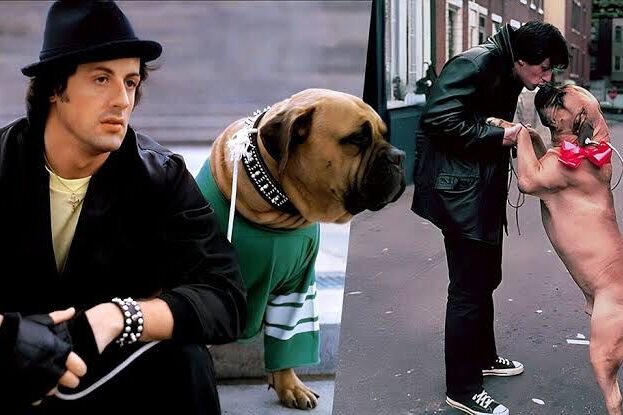
Sylvester Stallone was a struggling actor when he wrote Rocky in just a few days. Studios offered up to $360,000 for the screenplay, but they insisted he couldn’t star in it as the lead role. Stallone held out, even though he had just $106 in the bank and had almost sold his dog Butkus for money, to make ends meet. Finally, he secured the deal on his terms. The film went on to win Best Picture in 1977 and launched his career, it perfectly mirrored his real-life gamble. His story teaches us the power of conviction: sometimes you have to bet on yourself first before others will.
11. Lizzo – Bullied For Her Size, Then Owned the Stage
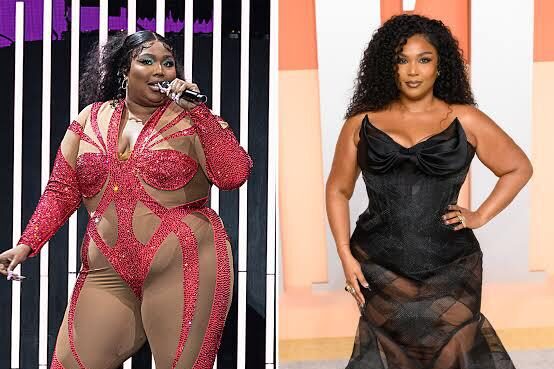
Before her breakthrough, Lizzo faced harsh criticism about her size, she endured bullying, fat-shaming, and unrealistic expectations in pop music. Instead of backing down, she channeled that pain into unstoppable confidence on Cuz I Love You and empowering performances at events like Glastonbury. Her bold message, “if you can love me, you can love your goddamn self”, resonated widely, and she rose to headliner status and Grammy wins of four awards. Lizzo reminds us that challenges with self-image can become the fuel for unstoppable artistic impact.
12. Morgan Freeman – Late Bloomer with Legendary Gravitas
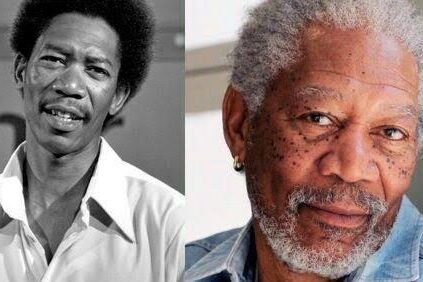
Morgan Freeman acted in theatre and small film roles for years, but he didn’t land a truly breakout part until age 50 with Street Smart in 1987. Even then, he wasn’t a household name until Driving Miss Daisy and Glory, which came in his early 50s. IMDb confirms Freeman “didn’t get a big role until he was in his 50s”. Today, his voice and presence define cinematic gravitas, showing it’s never too late to find your breakthrough.
13. Shonda Rhimes – From Shy Pitcher to TV Empire Architect
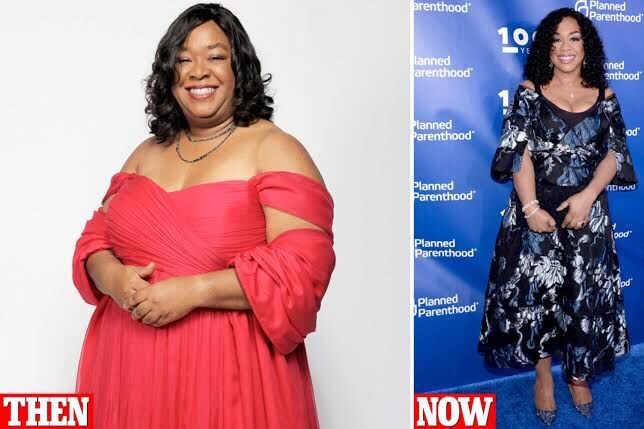
Shonda Rhimes entered Hollywood as a scriptwriter struggling to be noticed, working odd office jobs and serving as a counselor while writing scripts, but found pitching her ideas, especially in meetings, deeply uncomfortable and daunting. She penned Grey’s Anatomy and offered it to ABC without much fanfare, relying on the strength of her writing rather than confident presentations. Despite these early challenges, she persevered, and Grey’s Anatomy premiered in March 2005 to surprising success. It became a flagship show for ABC, followed by hit spinoffs Scandal and How to Get Away with Murder, and later the Netflix phenomenon Bridgerton, building the Shondaland media empire. Rhimes has since pioneered new standards around diverse casting and storytelling, being the first Black woman to lead three network dramas to 100+ episodes, inducted into the Television Hall of Fame, and commanding major production deals.
14. Steve Carell – “Too Bland” to Comedy Icon
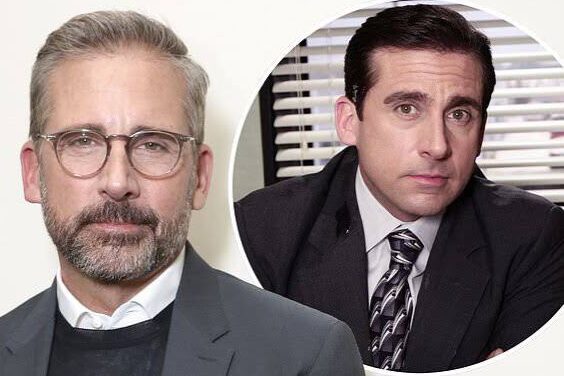
Steve Carell earned a reputation early in his career for being unassuming, some critics found his style “too bland” or repetitive, particularly in the early U.S. adaptation of The Office, with even The Guardian calling him “trying too hard” in season one. He went along, refining his craft on The Daily Show, honing his gift for empathy and nuance in humor. When The Office struggled in its initial episodes, producers discovered that Carell’s Michael Scott needed vulnerability. In the Season 2 episode “Office Olympics,” a tearful moment revealed his human side, and viewers connected. That breakthrough led to huge ratings, awards (including a Golden Globe in 2006), and cemented Carell as a beloved comedic lead.
This 14 Stars Who Were Told They’d Never Make It And Then Proved Everyone Wrong story was first published on Daily FETCH


